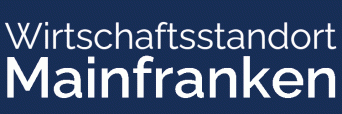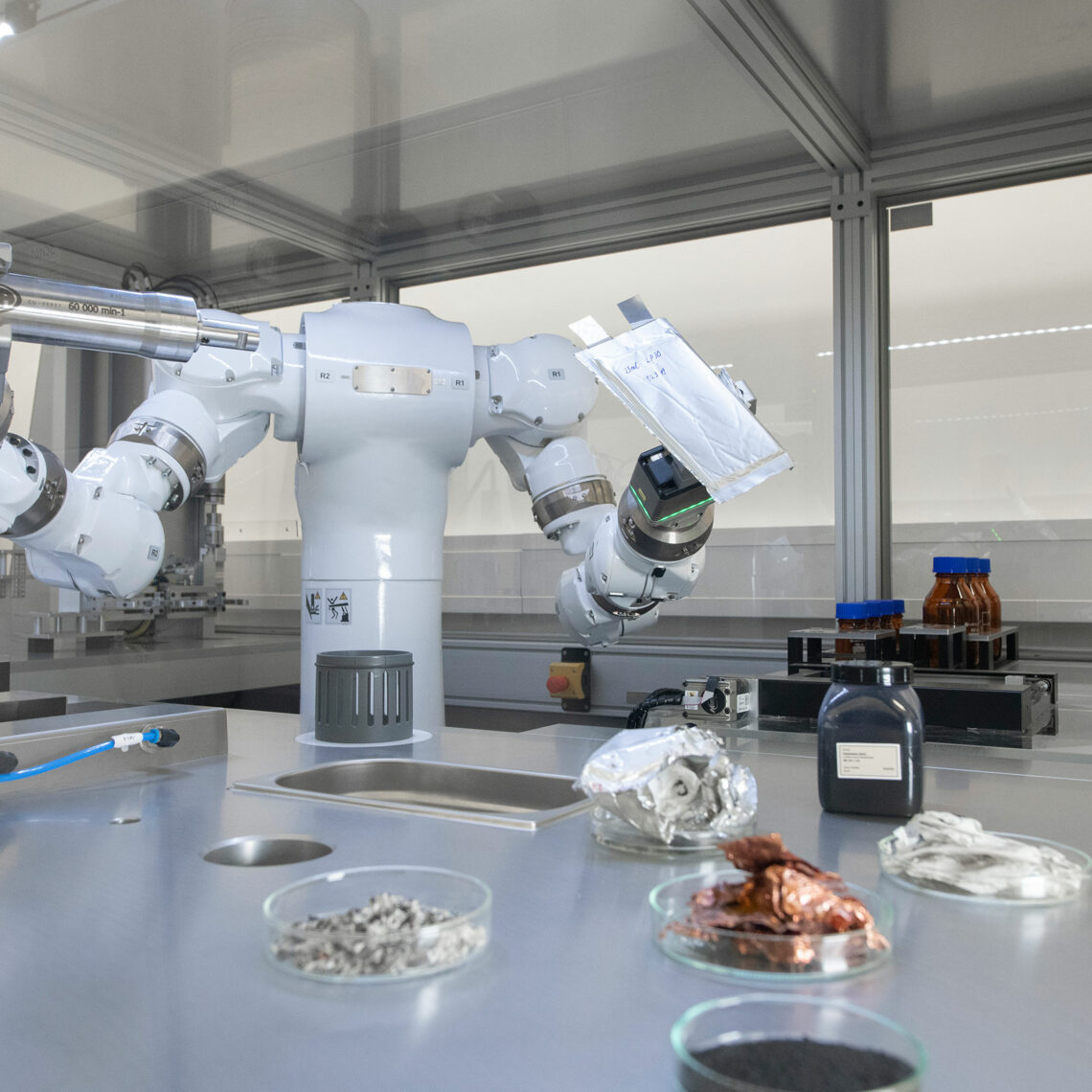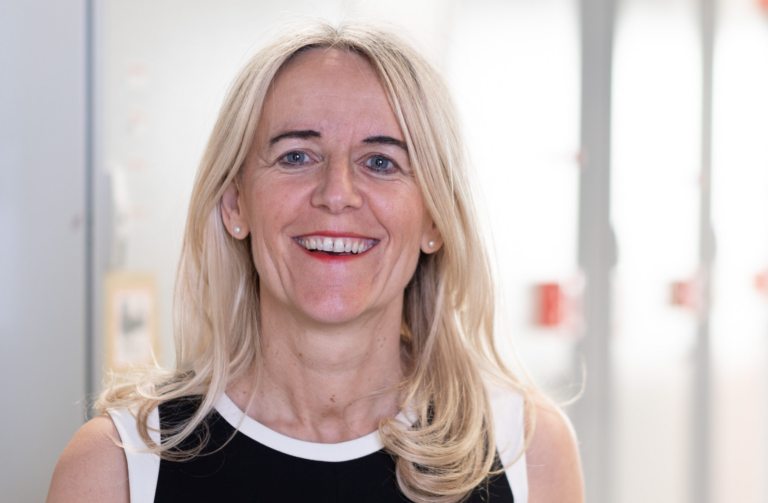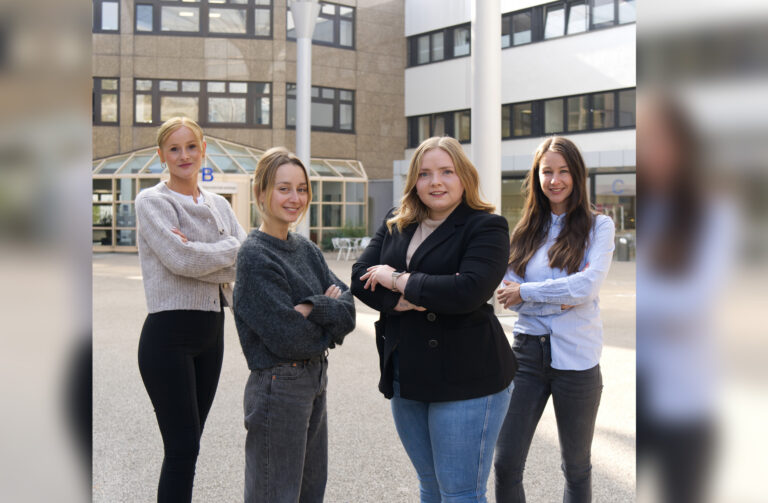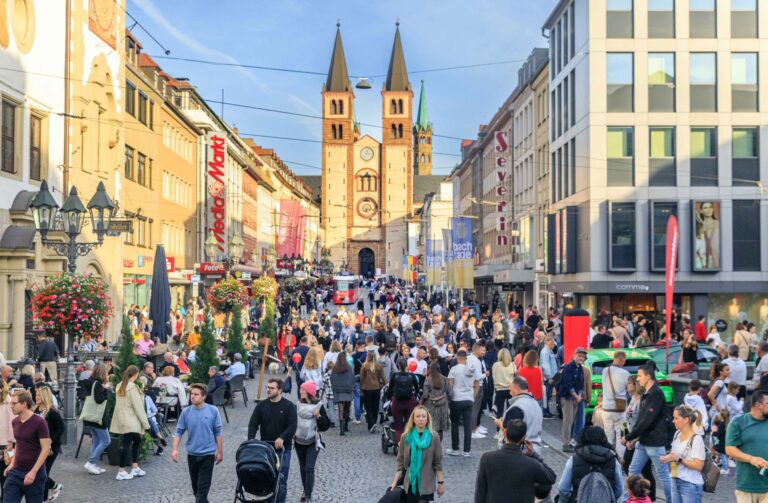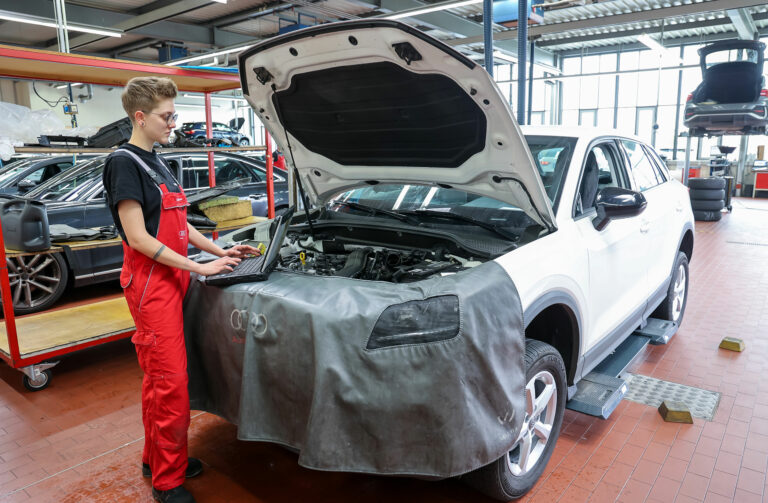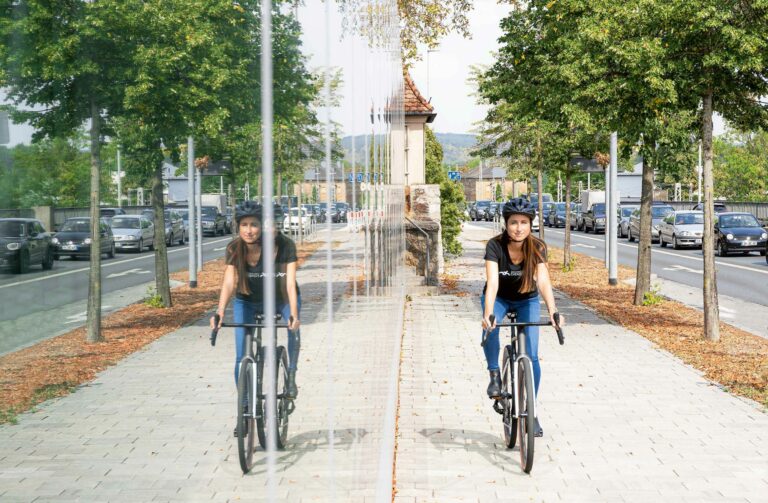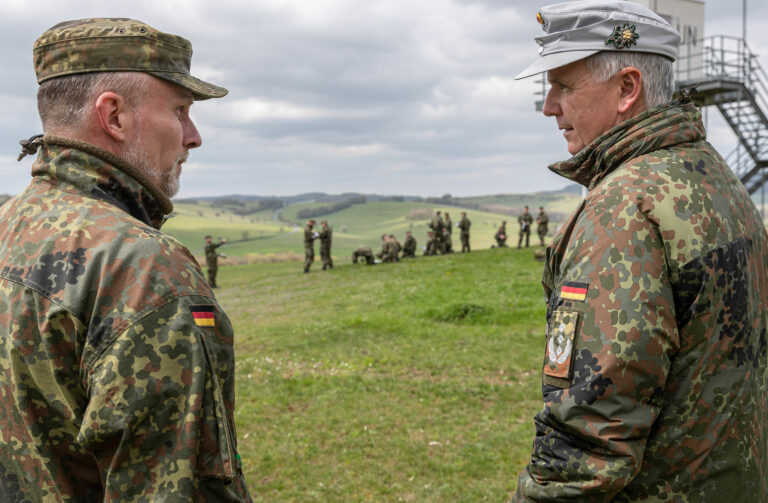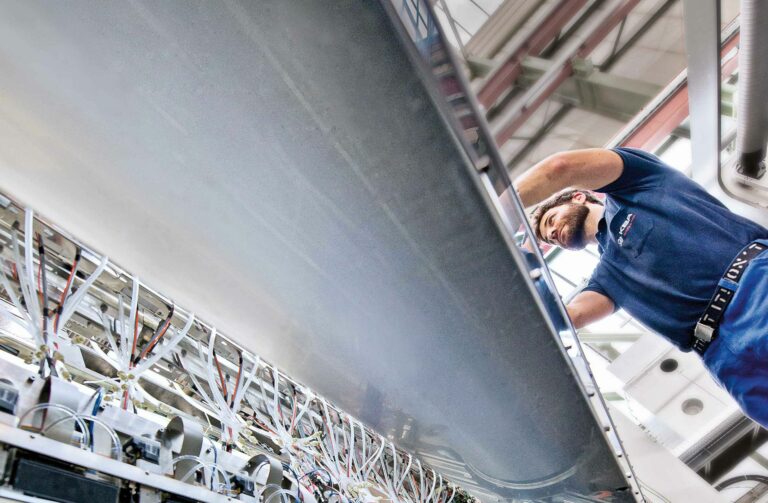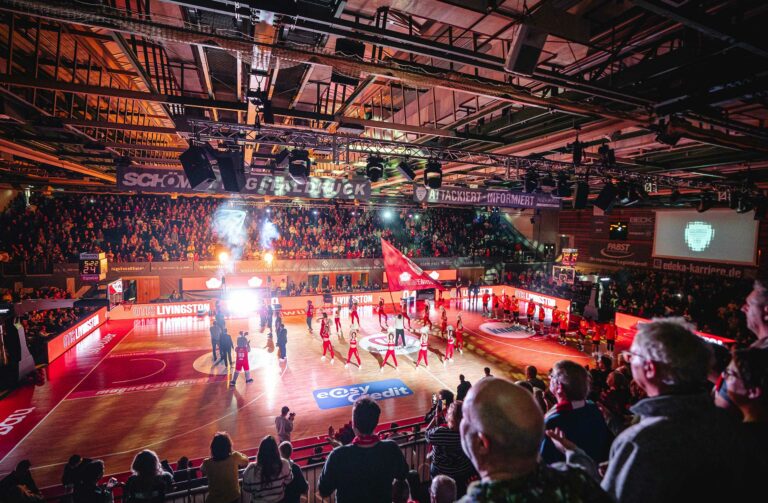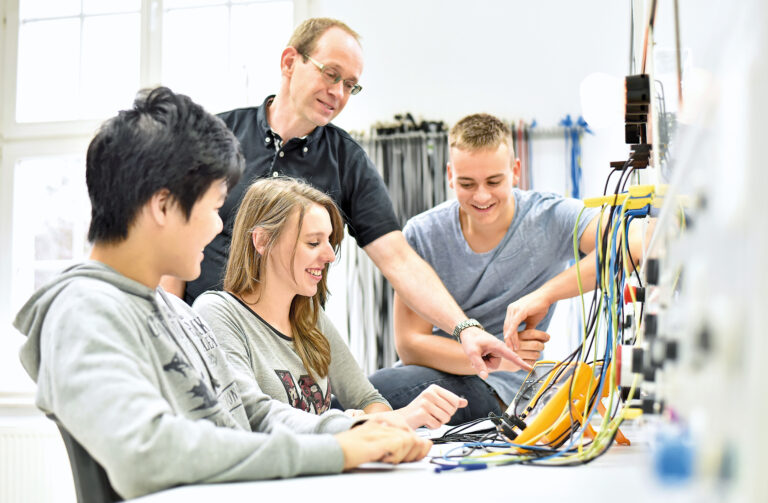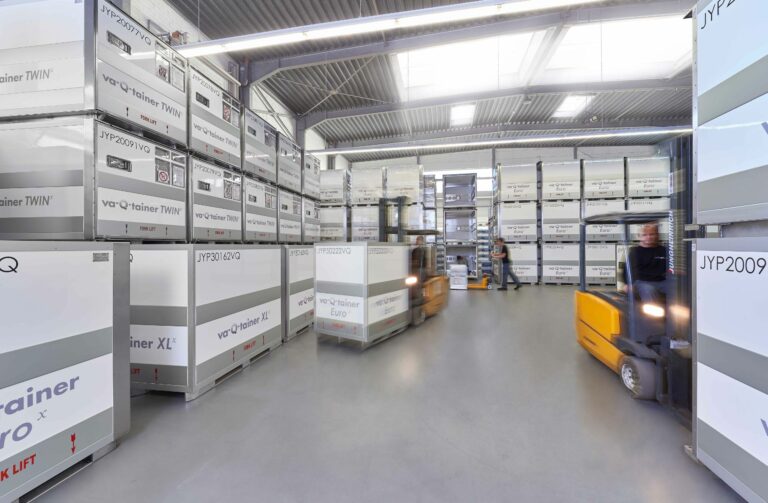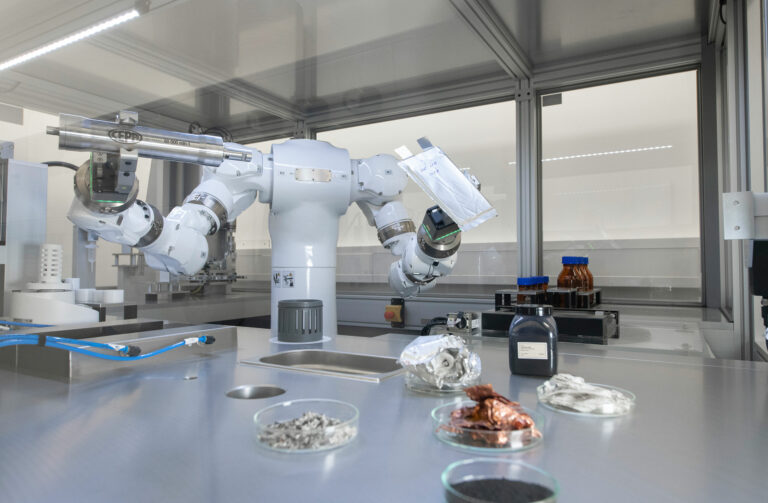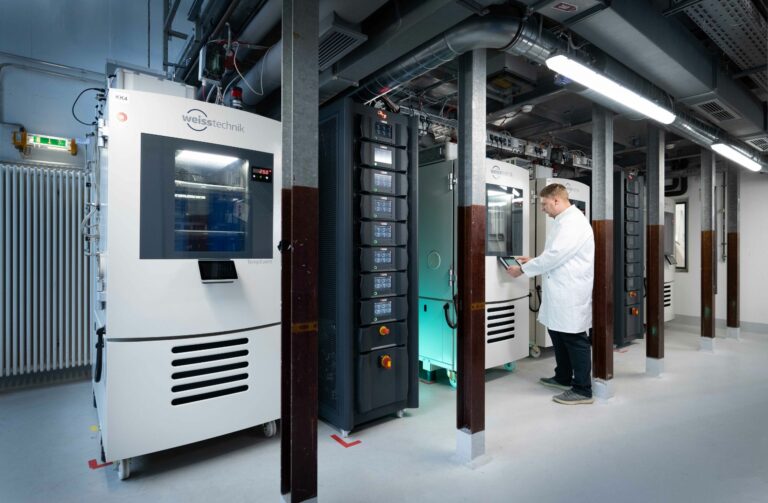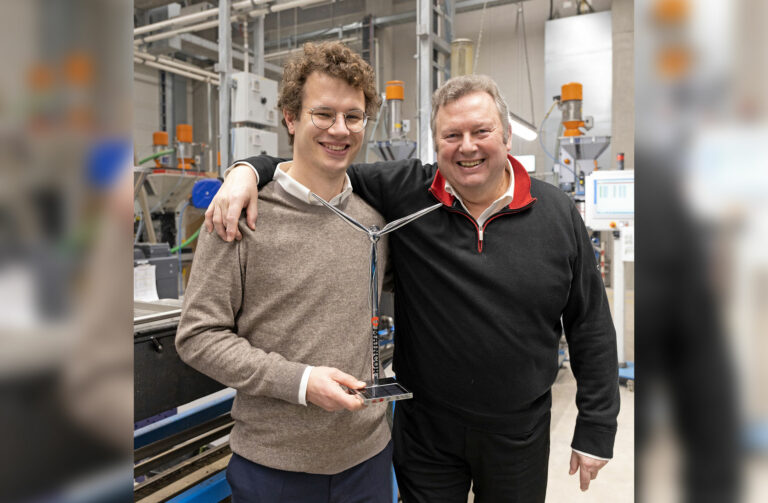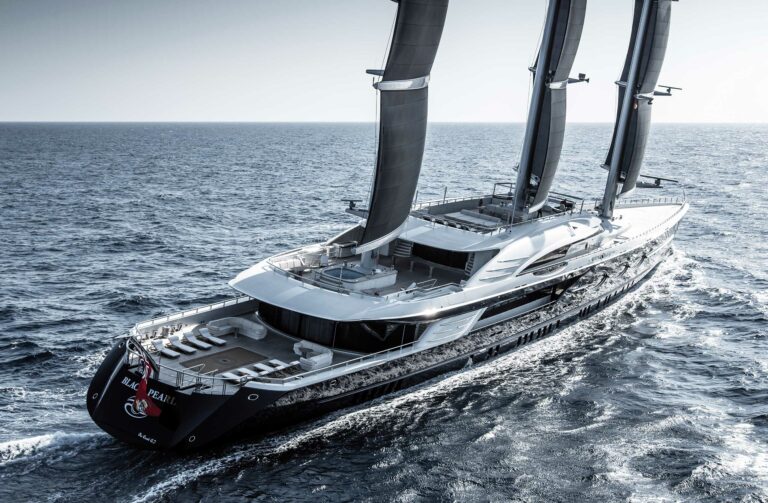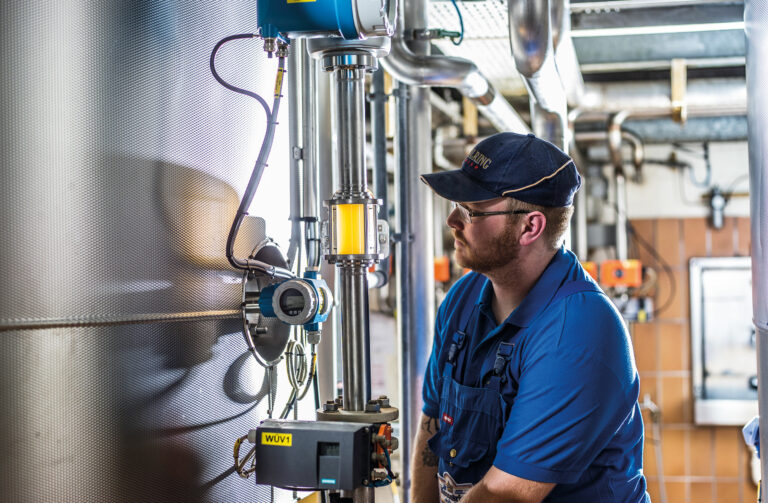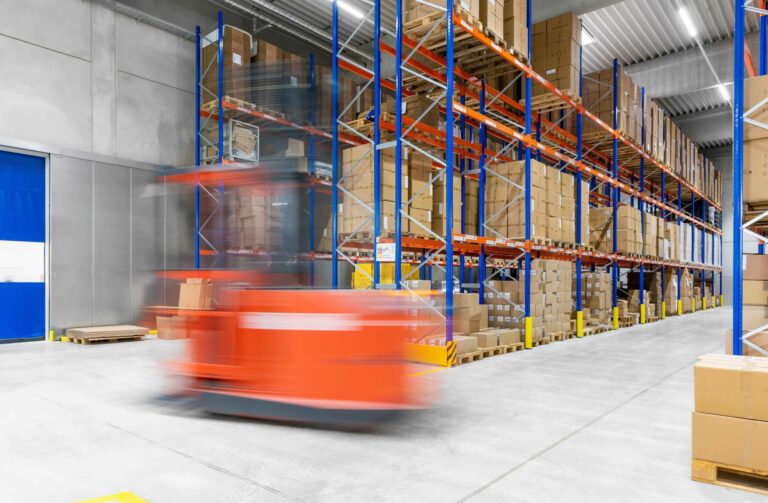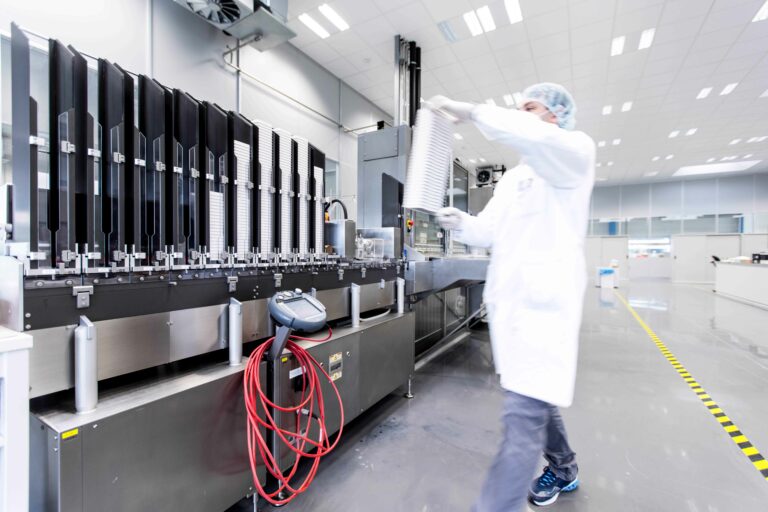Artificial intelligence: higher education and knowledge landscape – equipped for the future.
Teaching, science and research have a long tradition in Würzburg. Founded in 1402, Julius-Maximilians-Universität Würzburg (JMU) was the fourth university in modern-day Germany and is the oldest university in Bavaria. With more than 28,000 students, JMU is a comprehensive university and is now the fourth largest university in Bavaria. To date, it has produced 14 Nobel Prize winners and exceptional scientists, most of them from the fields of medicine, chemistry or physics, such as Wilhelm Conrad Röntgen (X-rays) or Rudolf Virchow (cellular pathology), as well as 11 Leibniz Prize winners.
Scientific institutions such as the Comprehensive Heart Failure Center, the Rudolf Virchow Centre, the Helmholz Institute for RNA-based Infection Research and the Max Planck Research Group for Systems Immunology also help extend the good reputation of the university beyondthe borders of Main Franconia. The degree programmes offered at JMU range from Law to Ancient Oriental Studies and have been continuously expanded in recent years to include many innovative courses such as Digital Humanities, Nanostructure Technology and Games Engineering. This makes it possible to offer degrees that are unique in Germany, such as the “Space Master” in the aerospace informatics degree programme. The 39-hectare Hubland Nord campus, where the Graduate School of Lifesciences and the Helmholtz Institute for Infection Research are located, offers the necessary space for this.
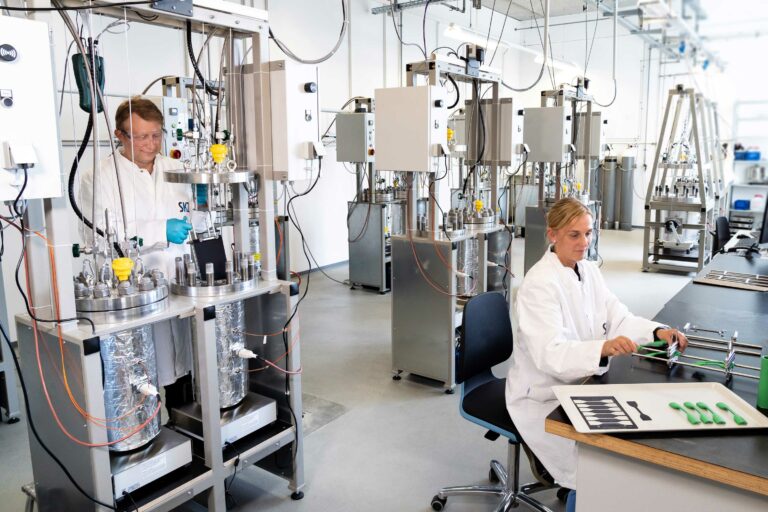
But even supposedly new subjects such as artificial intelligence (AI) have been around since 1992 at the University of Würzburg – at the Chair of Computer Science VI-Artificial Intelligence and Knowledge Systems. The chair deals, among other things, with data and knowledge processing, image interpretation and information extraction from legal judgements or medical reports. The chair for the “Centre for Digital Experimentation 4.0” (ZDEX) project has also received around two million euros in funding from the European Social Fund (ESF). The aim is to give employees of small and medium-sized enterprises (SMEs) the opportunity to test and develop their skills in the world of work 4.0. In this way, the university manages to pass on cutting-edge scientific know-how to SMEs in the region and strengthen one of many links between science and business.
The fact that artificial intelligence is one of the key technologies of the 21st century is underlined by the high level of investment in AI by the Free State of Bavaria. AI research is being massively expanded as part of the Hightech Agenda Bavaria (HTB). A total of 100 new professorships will be created in this key topic for the future by the end of 2023. This is intended to give a strong boost to the teaching and training of specialists and managers in all Bavarian regions. The aim here is to enable Bavaria to strengthen its research locations and improve its competitive position.
Starting from the AI Centre in Munich, there are four AI hubs in Bavaria: Ingolstadt, Erlangen-Nuremberg and Würzburg, which span a thematically focused network of AI research across the state. Science Minister Bernd Sibler launched for the Würzburg AI hub as early as summer 2020. This “Data Science Hub” is run jointly by the Julius-Maximilians-Universität (JMU) and Würzburg-Schweinfurt University of Applied Sciences (FHWS), but with separate institutions. For example, the Centre for Artificial Intelligence Data Science (CAIDAS) at JMU and the Centre for Artificial Intelligence and Robotics (CAIRO) at FHWS are the central interface of the AI Data Science network. The Free State of Bavaria has made ten professorships available for this. The core of CAIDAS is formed by 19 professorships dedicated to the methodological foundations and various aspects of human-computer interaction. The foundations of AI for the humanities, social sciences, natural sciences and life sciences are also included. CAIRO’s mission is to be a Bavarian hotspot for technology transfer and a competence and know-how catalyst for all Bavarian companies, universities and start-up initiatives. With four professors from HTB, four AI research professors and professors for AI applications, the FHWS is researching the interrelated fields of cognitive intelligence (language, physical movement, learning) and aims to produce a universal system.
And so we come to the second important higher education institution in Main Franconia – Würzburg-Schweinfurt University of Applied Sciences (THWS), which celebrated its 50th anniversary in 2021 and was renamed in 2022 by Prime Minister Markus Söder at the inauguration of CAIRO. This reflects the scientific reputation that the THWS, with its two locations in Würzburg and Schweinfurt, represents in the region and beyond. The THWS has developed rapidly in recent years through excellent projects, additional professors, cross-disciplinary institutes and new degree programmes. The cross-faculty Institute for Digital Engineering (IDEE), for example, conducts research in the field of with industry 4.0, production technology, the Internet of Things and is home to the previously described Centre for Artificial Intelligence (CAIRO) and the Centre Robotics (CERI). However, the university also has excellent non-technical areas, such as the Faculty of Design, with its many awards, which elevates the THWS to the best design universities in Germany. Over the last ten years, new undergraduate and innovative degree programmes such as e-commerce, technomathematics, geovisualisation, robotics and hydrogen have been developed and successfully introduced. THWS offers a creative environment for students with looking to found a start-up at a new innovation laboratory at the Schweinfurt location, called WERK:RAUM. Currently, more than 9,300 students are enrolled with 252 professors and over 500 staff. The THWS operates 90 laboratories, seven institutes and two technology transfer centres. Another three technology transfer centres will be added at the end of the year.
With the Technology Transfer Centres (TTC), the THWS is creating a research and transfer network spanning across all districts in Main Franconia. Started more than ten years ago with the TTC Electromobility (TTC-EMO) in Bad Neustadt, the second TTC for corrugated plastic pipes (TTC-SPPS) was recently opened in Hassfurt. Another TTC for laboratory analysis in Bad Kissingen, a TTC for 3D printing in Marktheidenfeld and a TTC for robotics and digitalisation in Kitzingen will follow at the end of the year. This means that a TTC will be located in all districts in Main Franconia outside the two major cities. With the participation of companies and institutions, such as the Würzburg-Schweinfurt Chamber of Industry and Commerce, an endowment volume is provided that supports the endowed professor and the TTC in addition to the 25 million euros of funding from the Bavarian government. Through the close proximity of the TTC to the companies in the districts, the THWS and its founders hope to promote an even better technology transfer, improve the attractiveness of the region and recruit highly qualified experts.
In addition to the two universities, Würzburg is home to other non-university institutions that form a dense network between business and science. These include the Fraunhofer Institute for Silicate Research (FhG-ISC), the Plastics Centre (SKZ), the Center for Applied Energy Research e. V. (CAE), the Zentrum für Telematik e. V. (ZfT), the Steinbeis Research Center Design & Systems, the Fraunhofer IIS Magnetic Resonance and X-ray Imaging and the Nanotechnology Cluster. There is a Fraunhofer IPA working group KI-NOW in Schweinfurt. The region is also strongly represented in the field of medicine with the Helmholtz Institute for RNA-based Infection Research (HIRI), the Comprehensive Cancer Care Center Mainfranken (CCCM) and the Digitalisierungszentrum Präzisions- und Telemedizin (DZ.PTM), which each run their own cooperation networks. The Zentrum für Telemedizin (ZTM) in Bad Kissingen is also integrated into the network.
A dense research and knowledge landscape promotes the necessary technology transfer in cooperation with the Main Franconian economy. This helps secure the long-term future of companies, jobs and prosperity in the region. For this reason, the Main Franconian business community, represented by the Würzburg-Schweinfurt Chamber of Industry and Commerce, has been supporting innovative scientific activities at universities since 1982 with the “Förderpreis der Mainfränkischen Wirtschaft” award.
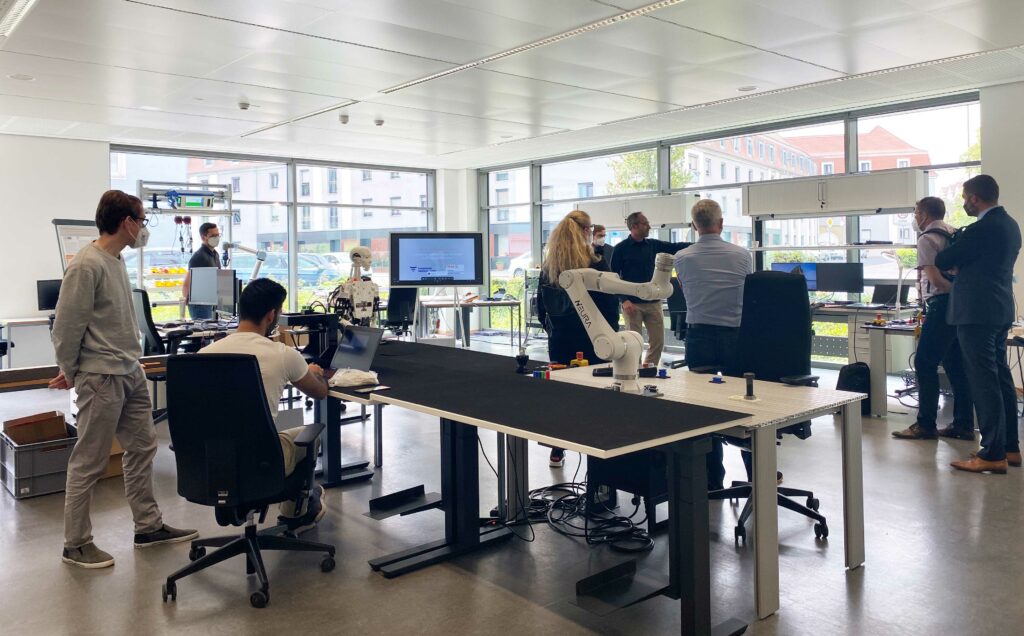
Header picture: Fraunhofer ISC offers high-current battery channels for automotive cells, stationary energy storage and other high power or large cell applications. Photo: K. Dobberke für Fraunhofer ISC
